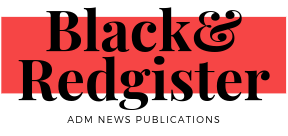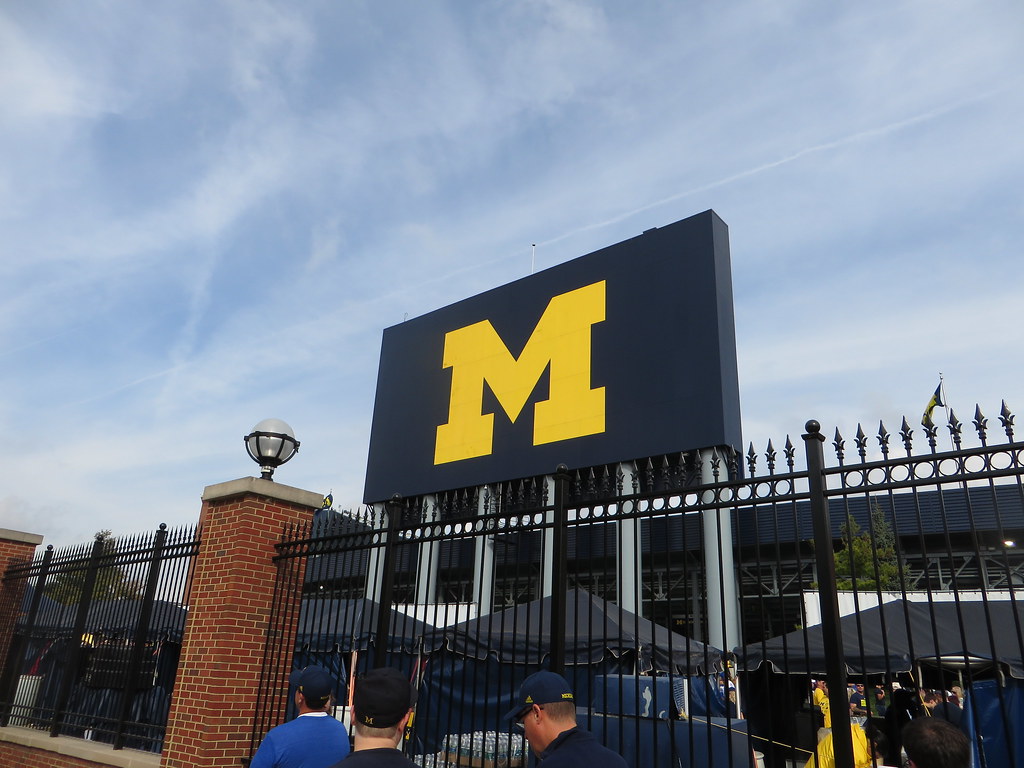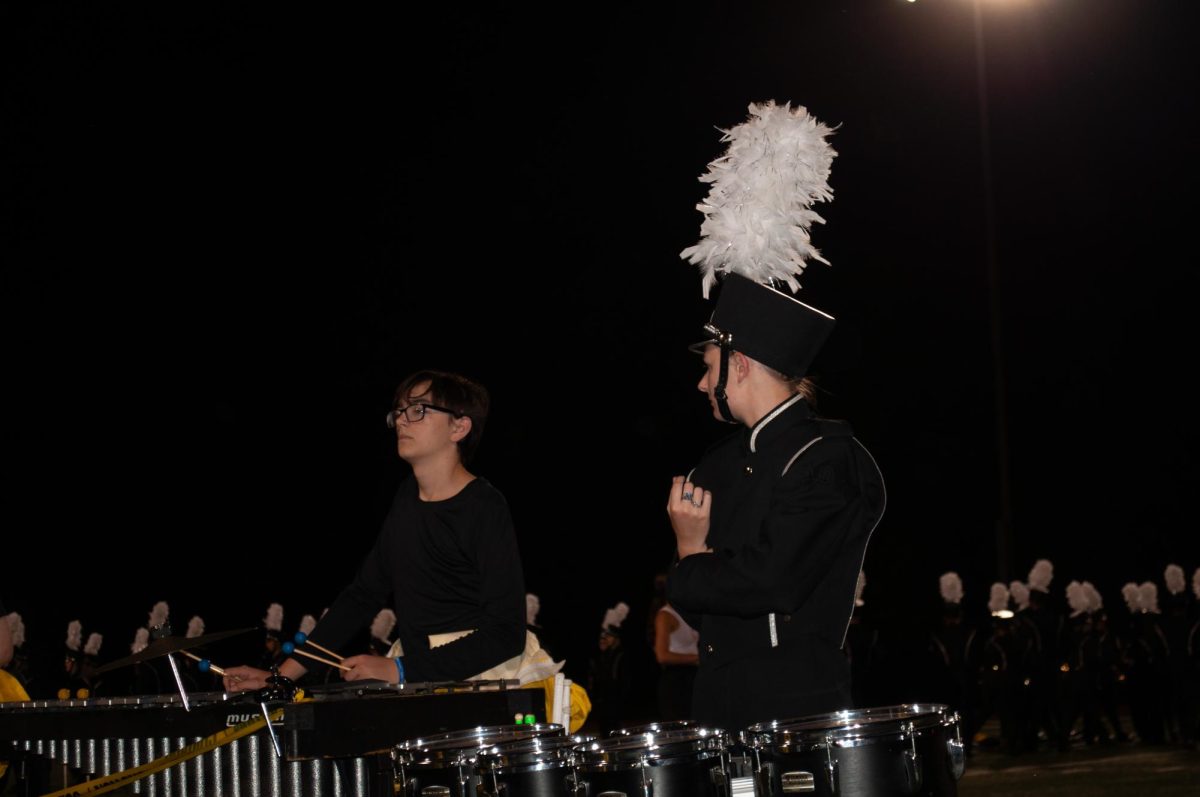Entering week 9 of the college football season, there was an accusation that the #3 ranked Michigan Wolverines were sign stealing. While football gurus and fans alike may have reacted to this with shock, many don’t know what sign stealing is or what this means for the Michigan team.
Play call signs are designated hand, arm or even body gestures that are used by a team to call a certain play to the players on the field. Almost every team at the college level uses unique signs that are specific for that team only for both offense and defense, as it is the quickest way to communicate to all 11 players on the field.
Michigan has gotten into some trouble for sending people to their future opponent’s games to watch other teams play calls. This would allow them to know what play the opposing offense was running before the ball was even snapped, which gives them a huge advantage. This may seem like a smart idea for every team to do, but it can be illegal under the rules of the NCAA. There is no rule stating that looking at other team’s play calls is not allowed, but sending coaches or other football staff to future opponents is. It is also illegal to record a team’s play calls to look back on in the future. This is why it is under debate whether or not Michigan did something wrong.
While there were tickets purchased under the name of former Michigan coach, Connor Stalions, the current Michigan football staff claims to have not known about what he was doing. On top of this, Stalions has been seen to be what looks like recording the game, which could mean he was recording the team’s signals. It cannot be confirmed the exact place in which Stalions was recording, which makes it difficult to punish a Michigan team that no longer has Stalions on their sideline. The NCAA is under current investigation to decide what punishment, if any, the Wolverines will receive, but we can look to past events to get a prediction. Michigan is not the first team to get accused of stealing other team’s play calls.
Teams like Auburn, Clemson and Arizona have all received allegations as well in the 2010s, but none of them got any punishment for what they supposedly did. This may point to Michigan coming off clean and with no penalization. None of the other teams had people at the opponent’s games or possible recordings of the opponent’s signals. So does this extra evidence mean Michigan will get punished? If so, what will the punishment be? As many sources involved with the college football world have told ESPN, it is believed that head coach Jim Harbough will most likely receive a multiple-game suspension. With the regular season coming to an end in the next few weeks, Michigan is looking like a team that will contend for a national title, but not having their head coach on the sideline could hinder their ability to play like they have all season. It will all come down to what the NCAA decides is a fit action to take against what Michigan may have done. Whether it’s something as big as suspending their head coach, or even as small as deciding what they did was illegal, only time will tell what the fate of the Wolverines is.







